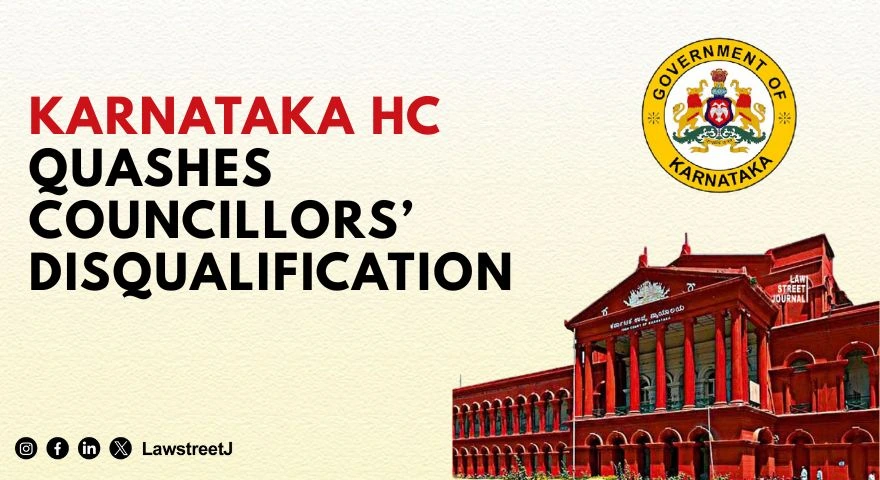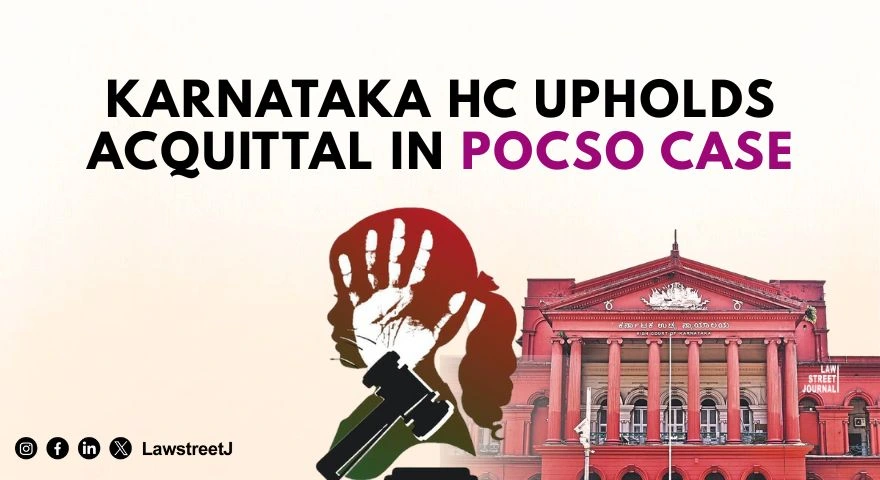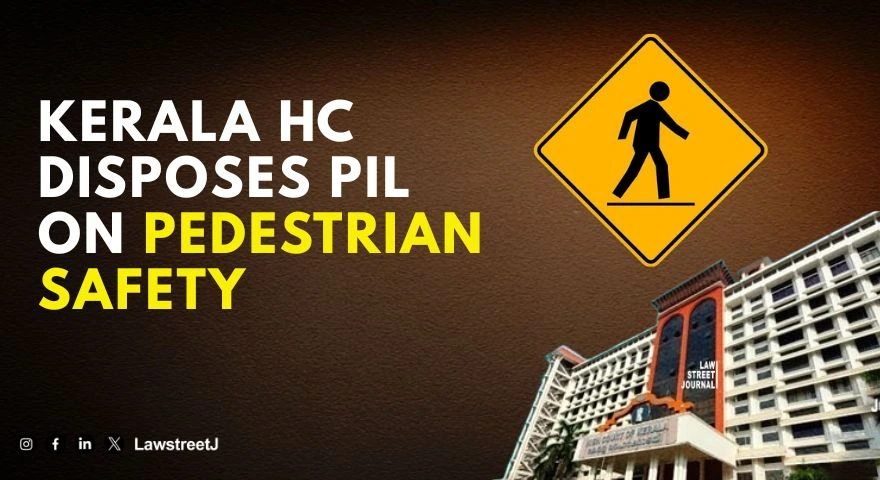The Supreme Court passed an order on 3rd September 2020 in the case of MC Mehta v. Union of India and Ors for removal of 48,000 slums (jhuggis) around the Delhi Rail Track within a period of 3 months and no intrusion, political or otherwise would be entertained and no Court shall grant any stay with regard to the matter of removal of these encroachments in the marked area in question.
The Report submitted by Environment Pollution (Prevention and Control) Authority (EPCA) contemplates that the Indian Railways is not in compliance with the Municipal Solid Waste Management Rules 2016 (MSW Rules 2016) and it requires the bulk waste generator to develop a viable plan for all the waste generated around by the Railways. As per the report submitted the Honble Supreme Court has given certain directions to the Indian Railways to present a time-bound blueprint of the following-
- Inventory of all solid waste generated in the northern region, beginning with Delhi and its vicinity. The list must include all the waste generated in trains and in the stations.
- A comprehensive inventory of all lands owned by the Railways (along the tracks and other land pieces) where there are waste dumps/ discard of plastic and other wastes and plans to tackle it on a long-term basis.
- Plan for the management of solid waste and as a bulk generator also to ensure compliance with the MSW Rules 2016. These plans should be inclusive so that the solid waste generated is separated at its source itself- bio-degradable waste is composted and the rest of them is given to sanctioned waste recyclers or waste pickers. The plans should be time-based and with clear monitoring provisions.
Affidavit filed by Railway
The Additional Divisional Railway Manager (DRM), Ashwani Kumar Yadav filed the affidavit on behalf of the Railways which mentioned that there are a large number of jhuggis present in Delhi along with their 140 km route length of track in the region of NCT Delhi where the railway tracks take off into different directions and the area also includes a ring which connects the take-off of all these routes. Among all this, around 70 km route length of the track is full of large jhuggi jhopris (slum dwellings) clustering within the close vicinity of the railway tracks.
These bunch of slums sums up to a total of 48,000 of jhuggis in the area close to the tracks. Although there is no official estimation with regard to how many people are living in those slums and the NGOs suggest that the Railways should conduct a survey in order to ascertain the total number of dwellers. A Special Task Force has been constituted by the Railway for removing these illegal encroachments from the railway property according to the order and directions of the NGT PB New Delhi passed on 1/10/2018.
Order of Supreme Court
The Top Court has decided that a comprehensive plan should be necessitated for the removal of slum dwellings and it should be executed accordingly. The encroachments which are made in the safety zones have to be evacuated within three months duration and no interference, political or otherwise should be there and no Court has the authority to grant any stay with respect to the removal of jhuggi clusters in the area in question. If any interim order is granted with respect to the encroachment along the railway tracks, that shall not be effective.
The Supreme Court has passed the order exercising one of its powers granted under Article 142 which authorizes the Supreme Court to pass any such decree or order as is necessary to do complete justice in any cause or matter pending before it. The Supreme Court had earlier used a similar power restricting all the courts from taking up any bail pleas of accused of 2G Spectrum case.
The executive director of NGO Housing and Land Rights Network stated that Forcibly evicting people is never a solution. It results in greater impoverishment, homelessness, and marginalization. It is also not an appropriate period to evict the people given the serious public health emergency in the nation. Forcible eviction of people will lead to serious human rights emergencies and affect the lives of people. The government should ensure that consultations are held and people are provided with adequate housing with their prior consent.
The senior advocate and environmental expert, Raj Panjwani greeted the courts order saying, This order may have affected the rights of encroachers to seek further redressal. However, they are not completely without relief and they can approach the Court for a grant of a further time period. There is also provision for rehabilitation of people who have encroached the land owned by the government. This approach can be looked up by the Railways.

![SC ORDERS EVACUATION OF 48,000 JHUGGIS AROUND DELHI RAIL TRACKS IN 3 MONTHS [READ ORDER]](/secure/uploads/2020/09/lj_3654_court.jpg)






